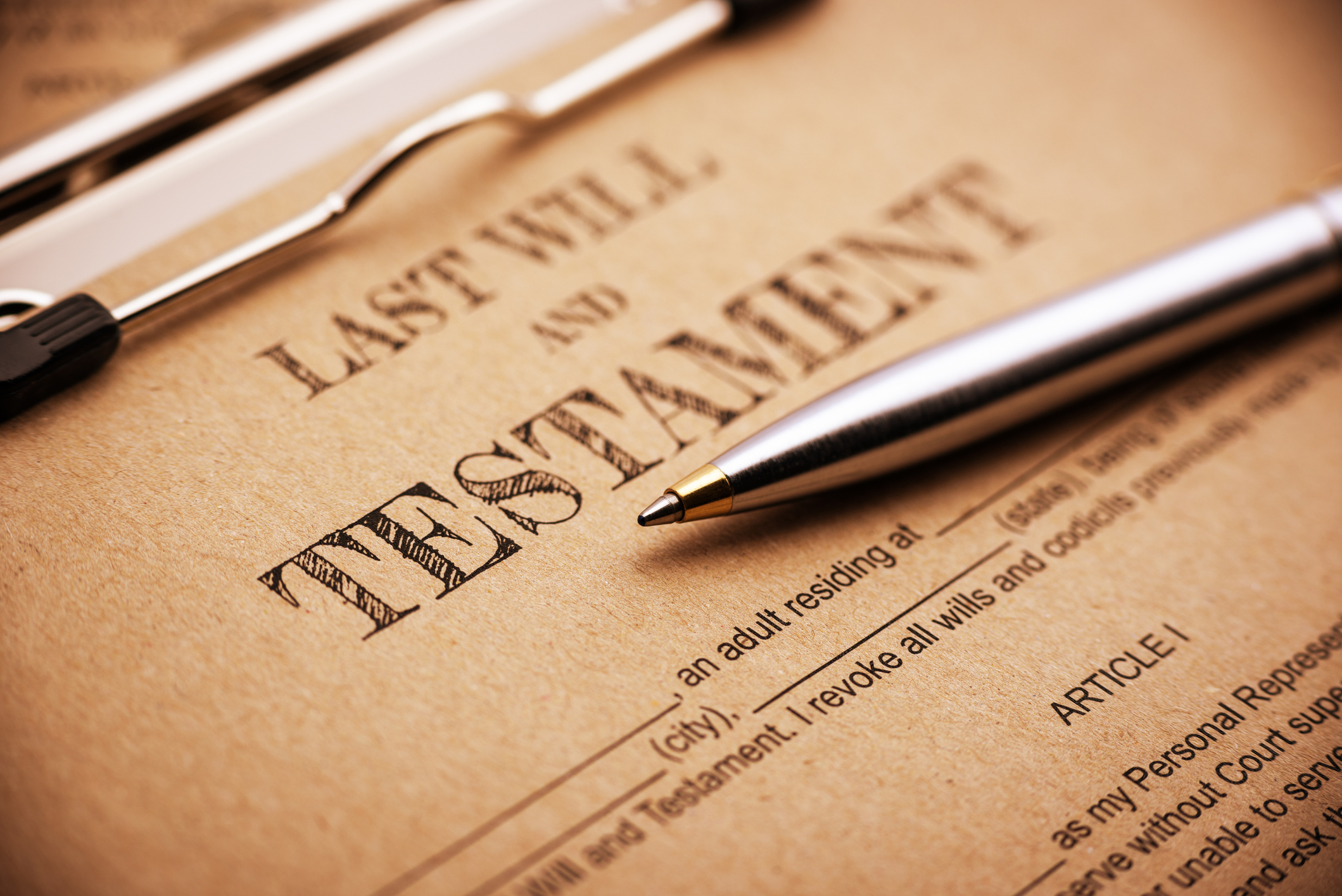Estate Planning: It Is Important To Plan For The Inevitable

To paraphrase an old adage, nothing is certain in life but death and taxes. Yet, despite this universal truth, fewer than half of American adults have taken the time to prepare an estate plan*.
For most people, estate planning is easily placed on the back burner. After all, why think about becoming incapacitated or, worse yet, dying? So, it’s not surprising that most people avoid thinking about estate planning or tackling related topics, like wills, trust agreements, health care directives, and powers of attorney.
For many, the first time they think about their mortality is when they choose to travel, or when they learn of a medical diagnosis or the death of a loved one. For others, it is the happier event of the birth or adoption of a child. Whatever the spark, it is best to allow time to put together a well-thought-out estate plan to avoid your assets going to unintended beneficiaries.
One need look no further than the late Prince to see what failing to plan can do to a legacy.
Developing a good plan is best done by working with an experienced and skilled estate planning attorney who will collaborate with your financial advisor and accountant to assemble a plan that leaves the legacy you desire.
Here is a cautionary tale that illustrates the complexity of estate planning and the importance of planning ahead:
A man concerned about his family situation approached me for advice. His grandmother and grandfather had two children: his father (who had two children) and his aunt (who had three children). His grandfather died shortly after he was born, his aunt died 15 years later, and his father died last year. The sole heirs of his grandmother’s estate were the five grandchildren, two of which had issues which were of concern to the grandmother. One had chemical abuse problems and the other was disabled.
Though the grandchildren would benefit from the grandmother’s judicious distribution of wealth, there were complications. An outright distribution to the disabled grandchild could disqualify her from government benefits she depended upon and an unbridled gift to the chemically dependent grandchild might hasten that grandchild’s untimely demise. He wondered how both his grandmother’s assets and the grandchildren’s well-being could be protected?
I shared with him that there were solutions to these challenges which could be addressed with his grandmother having an appropriate estate plan.
Every family has their own unique issues. Even if your personal situation seems straightforward, it’s important to be prepared.
Do not let fear or procrastination keep you from getting started on your own estate plan. Take time now to think about the unthinkable: What are your wishes if you were to become incapacitated? How and who will care for your children? To whom do you want to leave your assets when you die? How will you preserve your legacy?
Because, to paraphrase another old adage: you can’t take it with you.
At Henson Efron, our attorneys have extensive experience in trust and estate planning. For assistance with your personal estate plan, contact Henson Efron.
The purpose of this article is merely to provide general information and should not be construed as legal advice.
*Caring.com survey, 2017: https://www.caring.com/articles/wills-survey-2017






